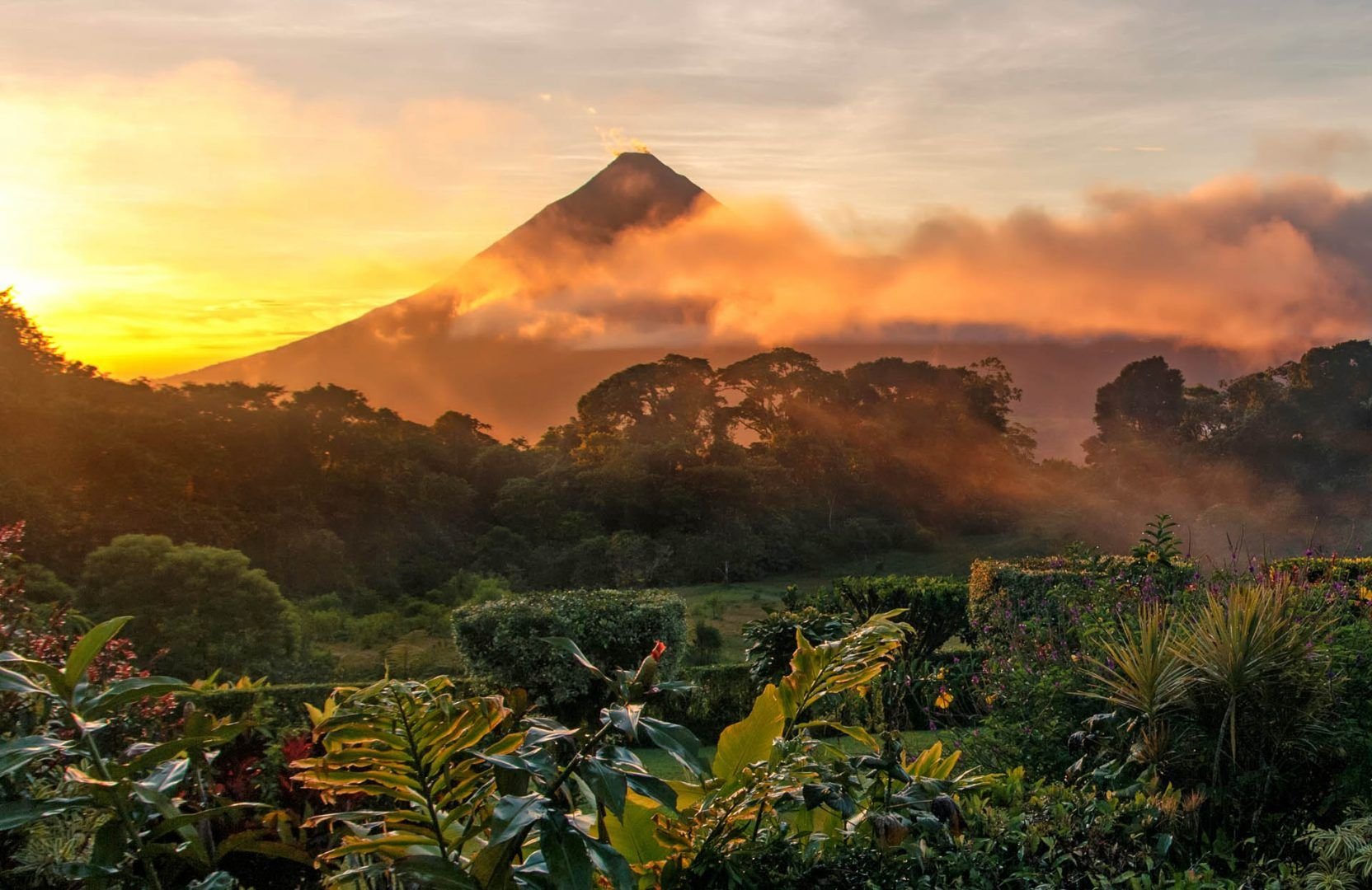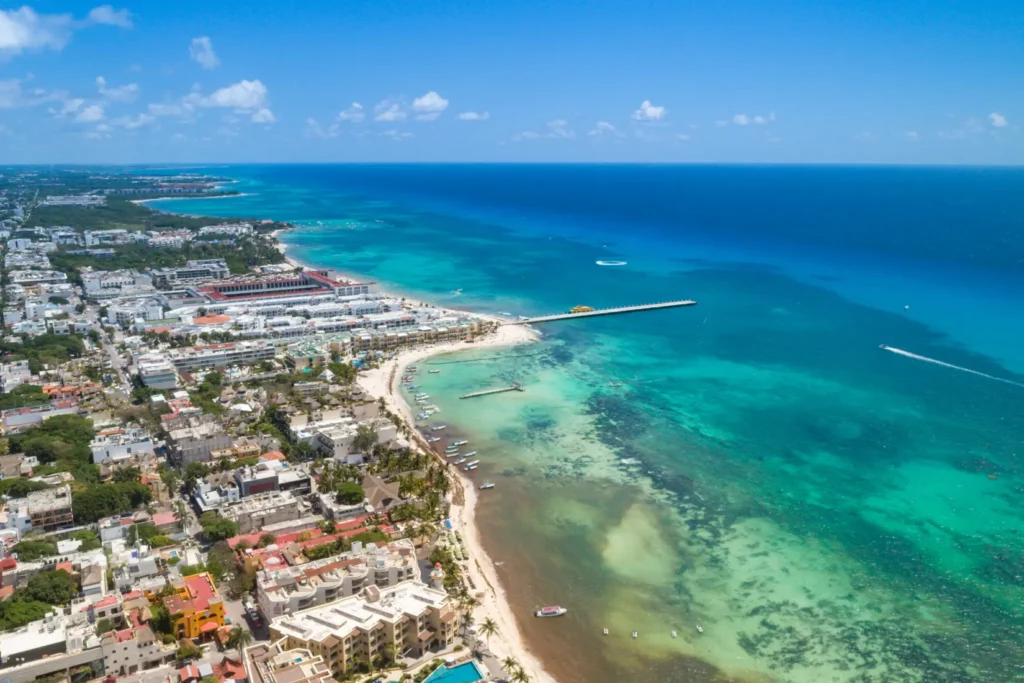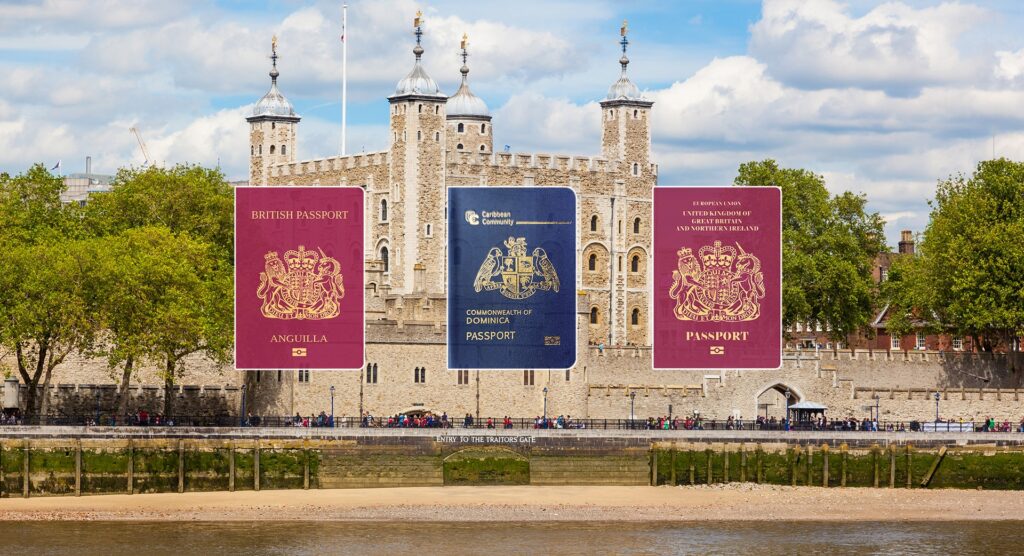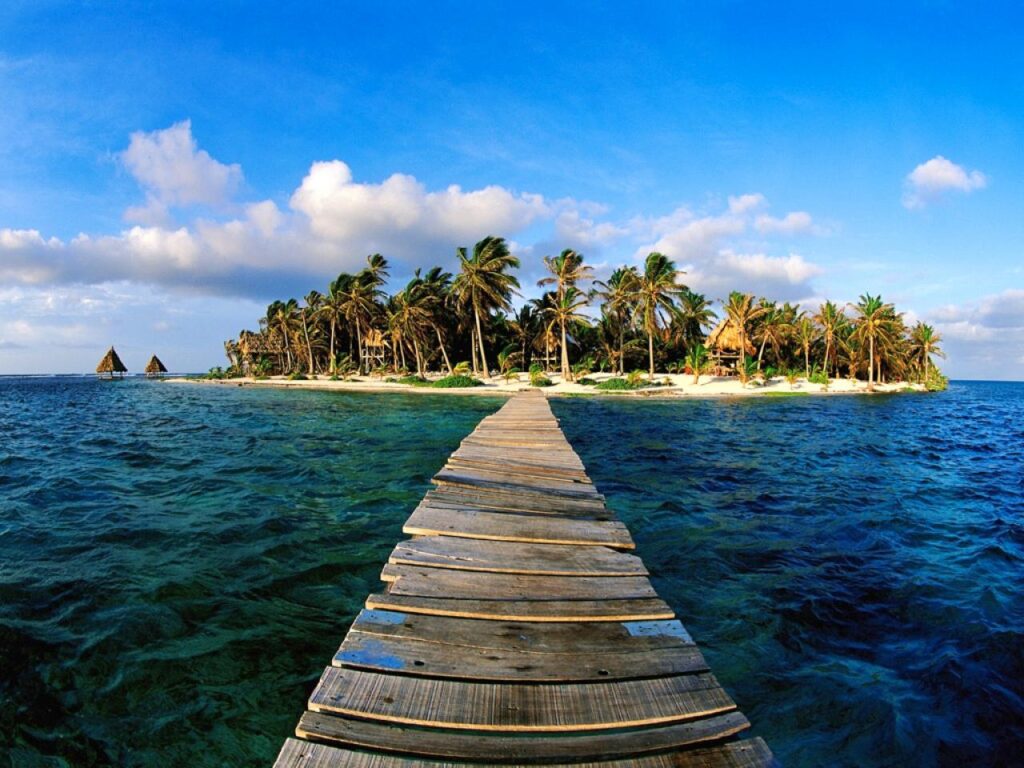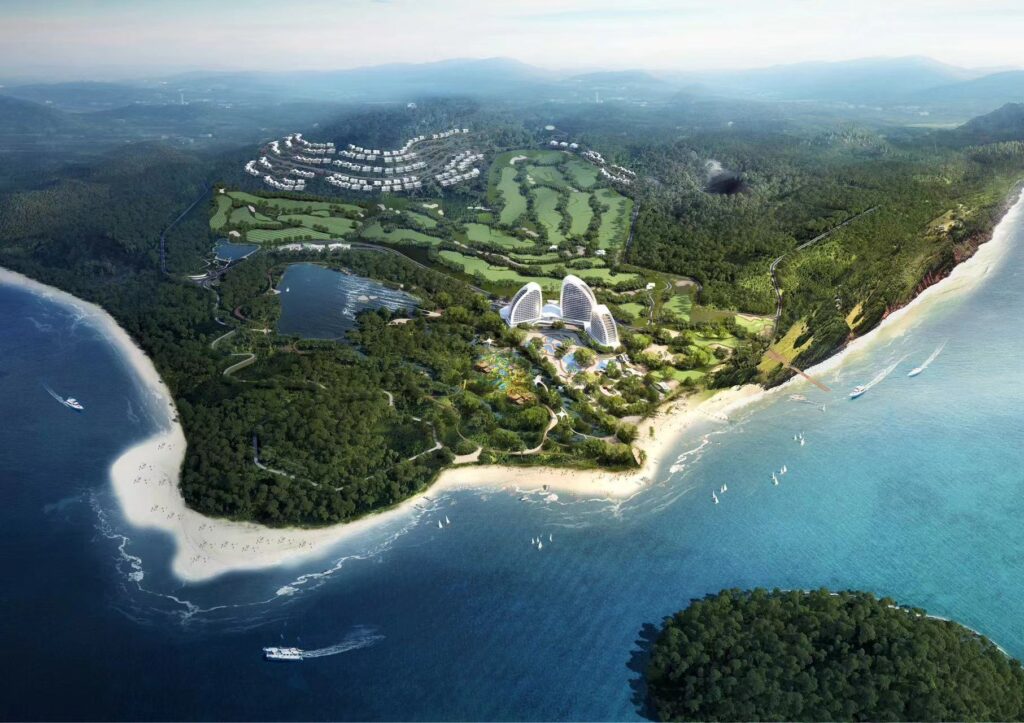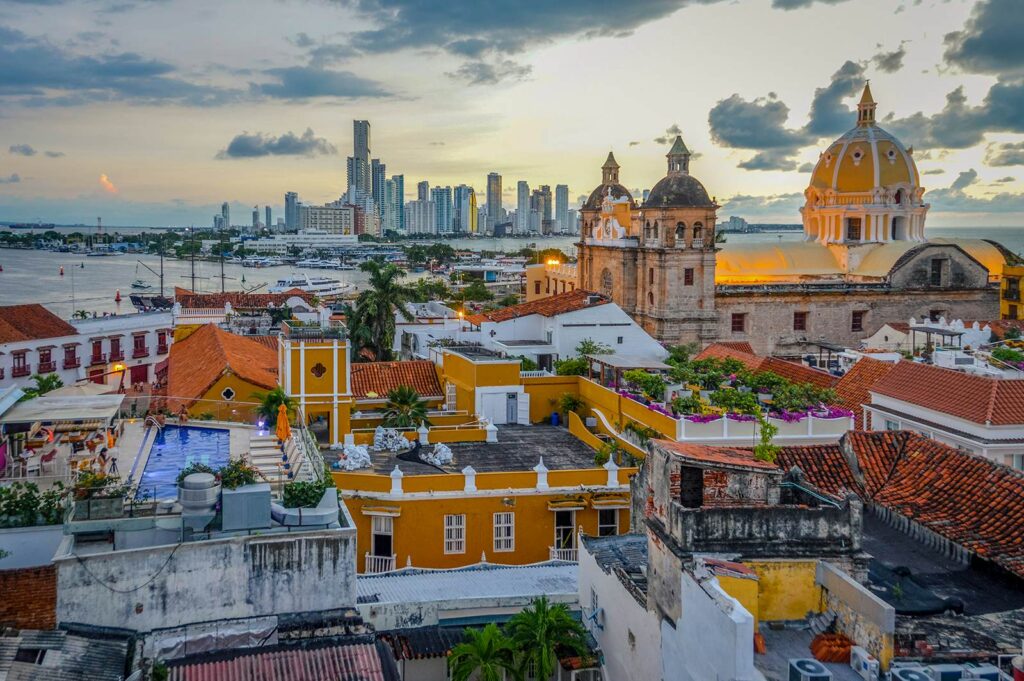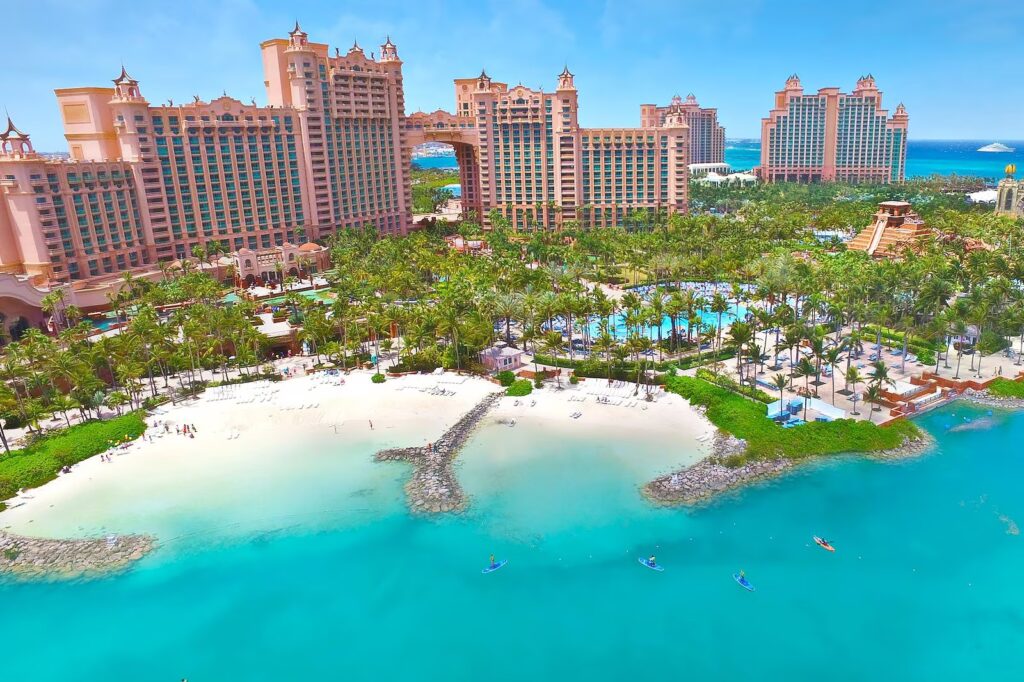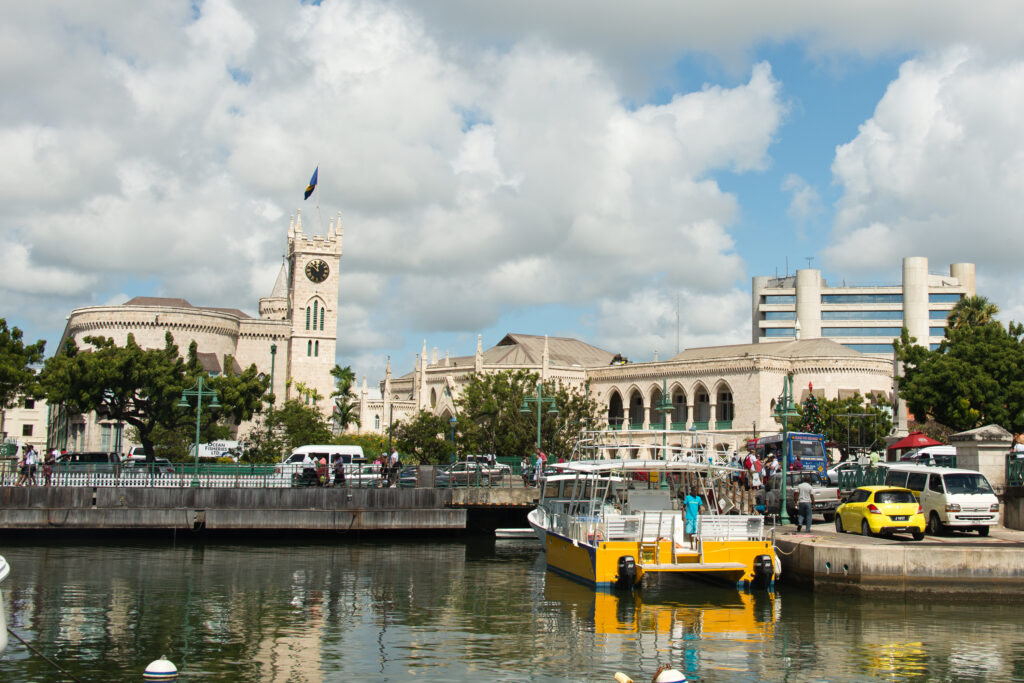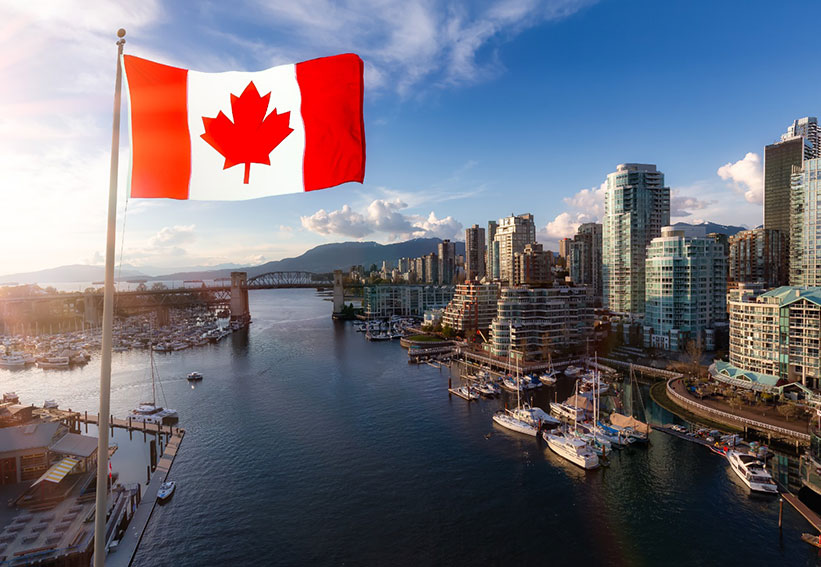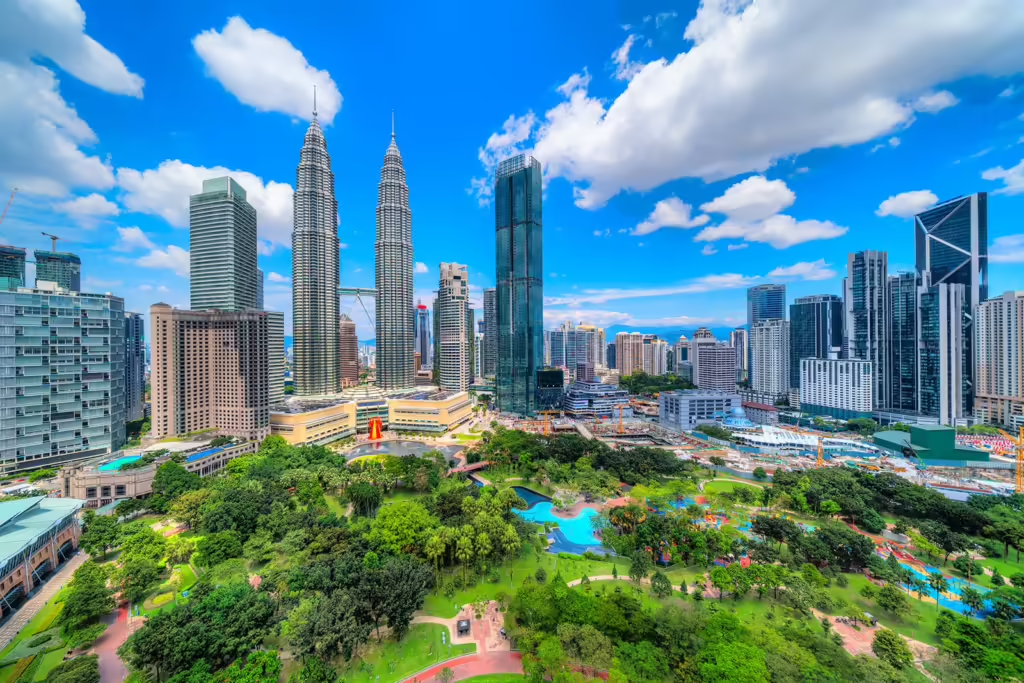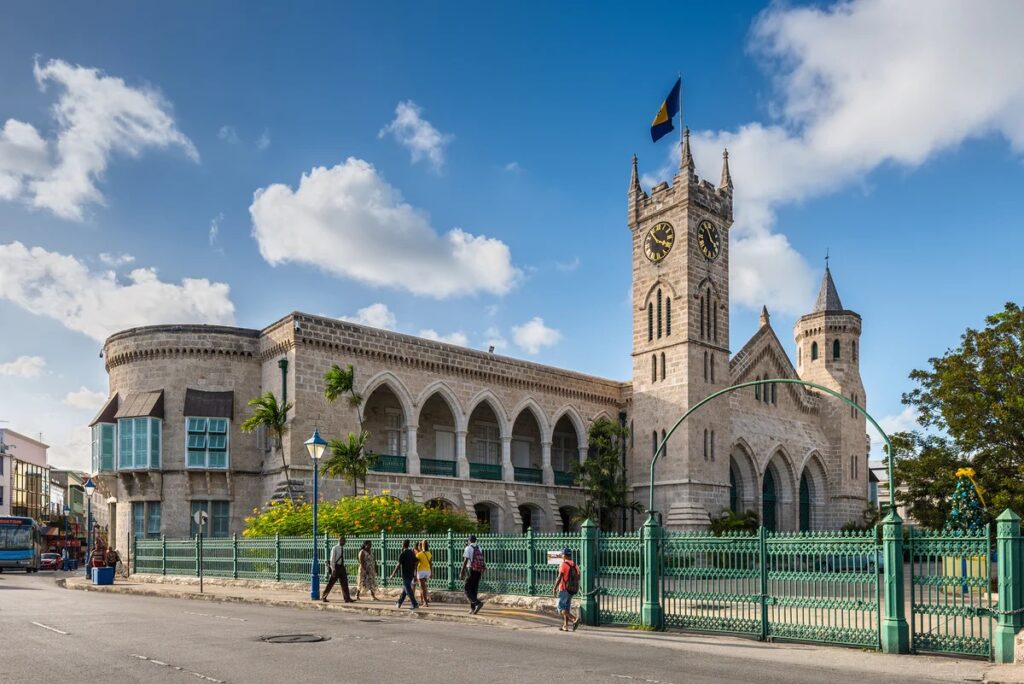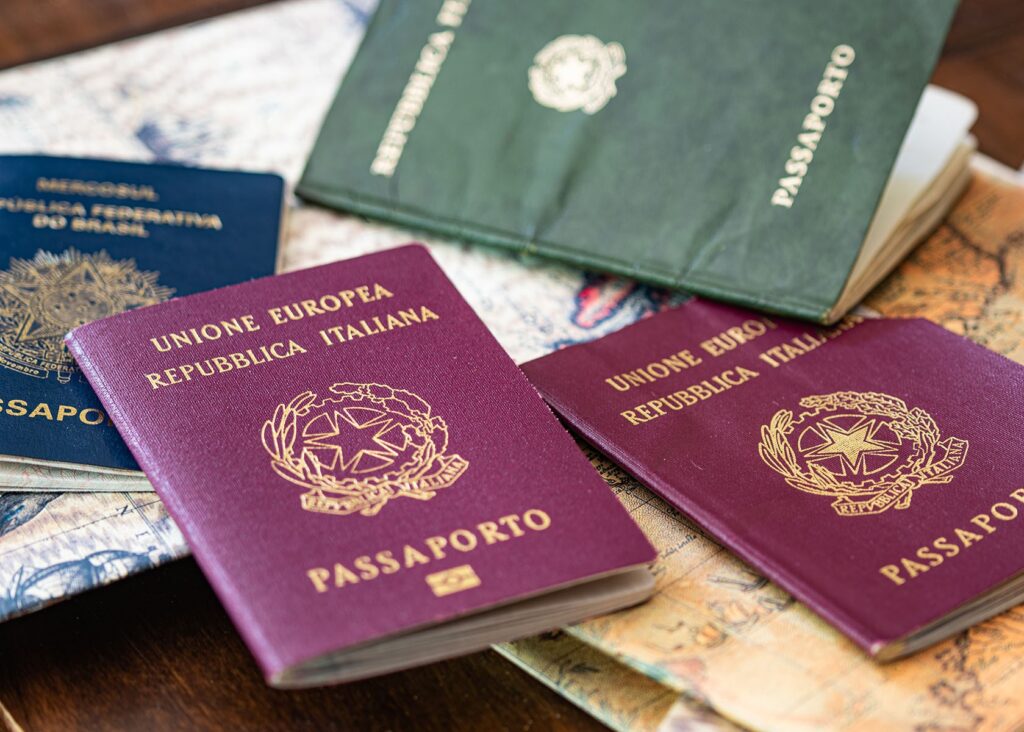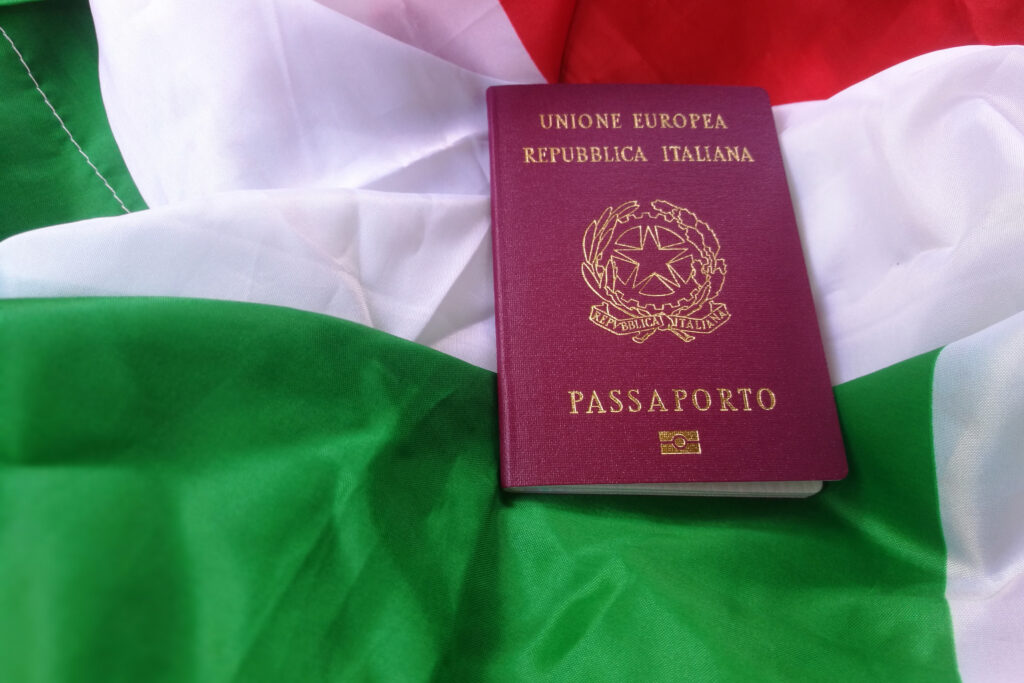The idea of living in Costa Rica, with its pristine beaches, lush rainforests, and the inviting ‘Pura Vida’ lifestyle, draws expatriates from around the globe. Yet, amidst the beauty and warmth, the reality of being an expat living in Costa Rica unfolds a complex story. There are some who agree that there the dark side of living in Costa Rica that is seldom discussed. As enticing as it is to immerse oneself in this tropical haven, Americans and Canadians living in Costa Rica need to understand the true the challenges of such a lifestyle shift. The cost of living in Costa Rica, for instance, has skyrocketed over the past 10 years. This initial exploration into the darker aspects of Costa Rica aims to present a balanced perspective, ensuring that individuals are well-informed about the enchanting allure and the potential pitfalls of relocating to this verdant country.
Diving deeper, this article seeks to uncover why some expatriates, despite their initial enchantment with the idea of living in Costa Rica, eventually reconsider their decision to adopt the ‘Pura Vida’ way of life. From cultural shocks and legal complexities to environmental and infrastructural concerns, we aim to provide a comprehensive overview of the challenges that can overshadow the numerous benefits of residing in Costa Rica. By presenting a nuanced view of expat life here, we aspire to equip future residents with the knowledge to navigate their new environment successfully, ensuring a more informed and fulfilling experience in Costa Rica.
The Dark Side of Living in Costa Rica
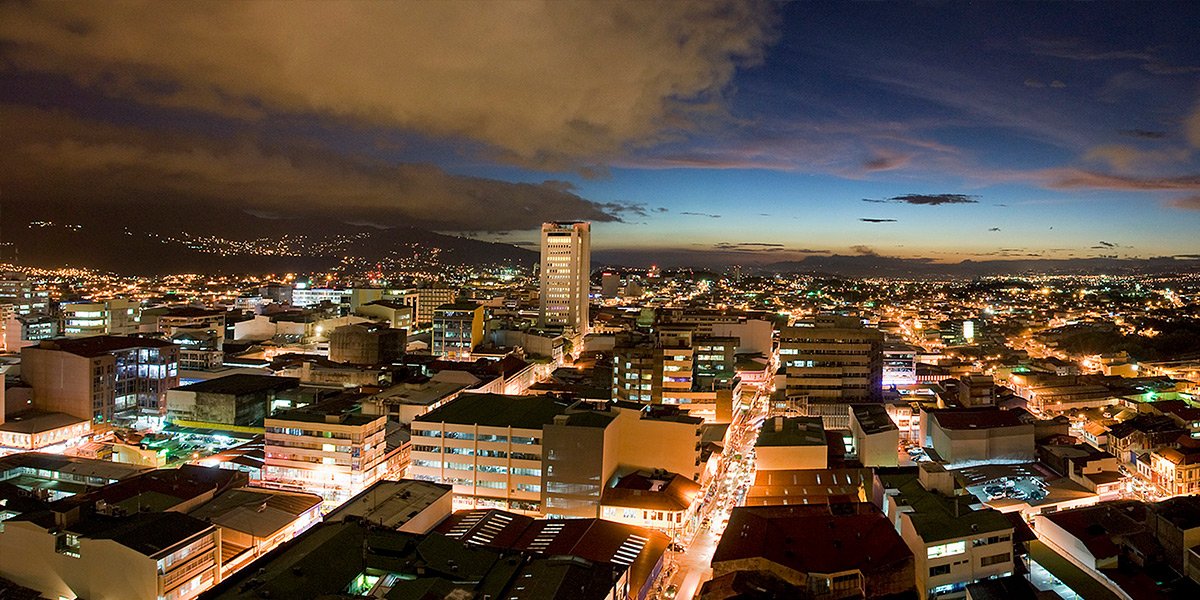
While Costa Rica’s tropical weather, stunning beaches and promise of Pura Vida are very attractive, an expat living in Costa Rica full-time might not always equate to the easygoing life envisioned. Each person who decides to plunge into Costa Rican living individually or with their family often has a similar experience lined with unexpected obstacles. If Costa Rica is a country you are considering moving to from Canada or the US, consider and prepare for the roadblocks on your path to paradise, leveraging the benefits while armed with foresight and preparedness for the challenges.
Cost of Living in Costa Rica and Rising Prices
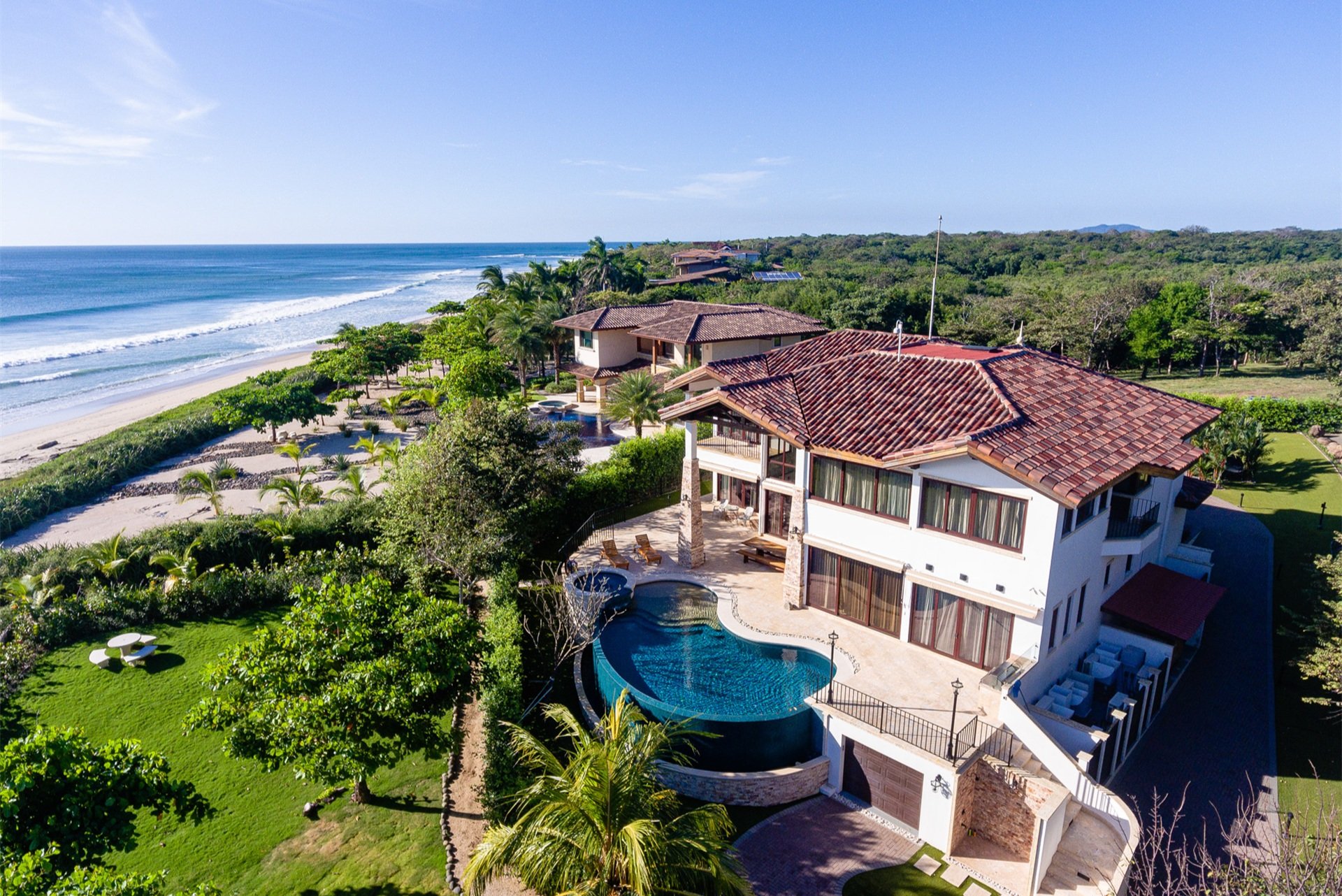
Firstly, tackle the economic reality. Unlike the widely held belief that Central America is universally affordable, the cost of living in Costa Rica can hit your wallet hard. Imagine spending a comparable—or in some cases, higher—amount on your daily living expenses as you would back in Canada or the US. Groceries, healthcare, and property aren’t the bargains many expect. Engage with other Canadians, Americans and Europeans who’ve made the move, and you’ll hear a similar refrain: Costa Rica isn’t the place for a shoestring budget. Unlike Mexico, Columbia, Argentina, and other inexpensive Latin American countries, Costa Rica’s prices have increased exponentially over the past 10 – 15 years. Living in Costa Rica can be a tropical dream come true, but it’s important to be fully aware of the rising living costs that could affect your budget and overall experience.
Real Estate and Housing
When you imagine escaping to Costa Rica, the fantasy often includes a beautiful home with jungles or beaches at your doorstep. However, the reality for most Americans and Canadians living in Costa Rica is that real estate doesn’t come cheap. As more expats arrive, demand for housing increases, creating a seller’s market where prices can be surprisingly high.
For a clearer picture, consider that a modest studio or one-bedroom apartment outside of bustling areas like Tamarindo or Playa Flamingo can start from US $800 and climb upwards to US $1500 per month. For those needing more space, a double bedroom could cost US $1200 – $2000+ a month. And don’t forget, with a weaker Canadian dollar vs. the USD, this starts to pressure your budget. And if you’re looking to buy, be prepared for prices that compete with, or sometimes surpass, those in much more developed economies.
Cost of Utilities
The cost of basic utilities in Costa Rica, particularly electricity, can come as a shock. Your electric bill is directly tied to consumption, rewarding energy-saving habits but punishing those who indulge in air conditioning’s cool relief.
Let’s not forget about water, which isn’t just a commodity; it’s a crucial resource becoming increasingly scarce in some regions due to climate change and a growing population. Those who’ve moved from cooler Canadian climates may find the need for air conditioning almost non-negotiable, escalating utility bills further.
| Utility | Average Monthly Cost (USD) |
|---|---|
| Electricity | $60 – $150 |
| Water | $10 – $25 |
| Internet | $30 – $85 |
Tax Disadvantages
Costa Rica does have significant tax advantages for wealthy families and HNWIs if structured properly, but that is a big if. The reality is that there are more attractive jurisdictions for Canadians looking at tax planning. Some comparable jurisdictions include Panama, Uruguay, Barbados, Portugal, St. Lucia, and more.
Income generated within the country is subject to tax, and unfortunately, this isn’t limited to what you earn from a local employer. Expatriates often neglect to consider that income from abroad can also be taxed, depending on your tax residency status. Costa Rica requires individuals to meet the 183-day requirement and prove strong ties to the country to be considered a tax resident. It’s also difficult to secure citizenship through naturalization, and unlike other top destinations for expats, Costa Rica does not have a Citizenship by Investment or Golden Visa program.
It’s also important to keep in mind that while purchasing a residency ID may help you secure rental leases, the costs associated with ownership – from buying a car to fueling a gas heater – are steep, affected not only by sales tax but sometimes by luxury taxes, import duties, and other fees.
Understanding the full scope of living costs in Costa Rica, from the perspective of real estate to the nuances of utilities and taxation, is vital for Canadians and other expats considering the move. With this knowledge, you’re better equipped to navigate the financial landscape of your potential new home.
Complicated Tax System
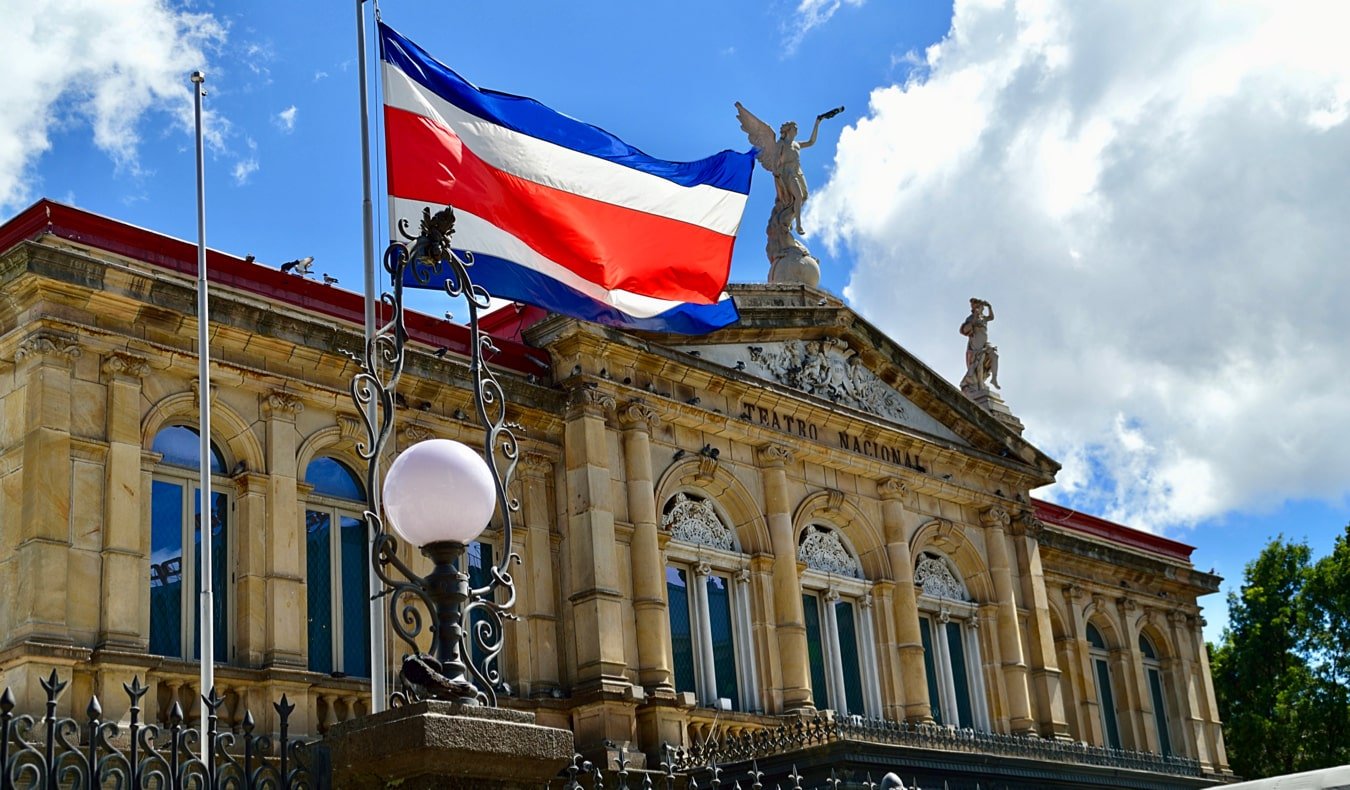
Living in Costa Rica means grappling with a tax system with nuances and complexities. If you’re considering the move, getting acquainted with the financial obligations you’ll encounter to avoid surprises is essential.
183-Day Minimum Stay Requirement
One key aspect of the Costa Rican tax system that may impact you as an American or Canadian living in Costa Rica is the 183-day minimum stay requirement to secure tax residency. The country’s laws stipulate that spending over half the year—183 days or more—within its borders, consecutively or not, qualifies you as a tax resident. This designation isn’t just a title; it has real financial implications, such as:
- Global income reporting
- Adherence to local tax regulations
- Lack of tax treaty network
Understanding this threshold is vital, as exceeding it could considerably change your tax situation, linking your worldwide income to Costa Rican tax obligations.
Tax Residency is Not Easy to Secure
Achieving tax residency in Costa Rica might sound like a straightforward process, but it’s often more complicated than it seems. The intricacies of filing the necessary documentation and proving your fiscal ties to the country can be daunting. Securing tax residency demands:
- A thorough understanding of the legal requirements
- Consistent communication with financial institutions and government bodies
It’s not just about living in Costa Rica or owning property; it’s about proving that your financial center of gravity has truly shifted to the nation. For more information on Costa Rica tax residency, visit our page here.
Bureaucracy
Adjusting to local customs and business practices also presents challenges. Bureaucratic procedures, which can be notably different from what you’re accustomed to in Canada, often require patience and a good grasp of Spanish—or a trustworthy translator. Labour laws and rental agreements tilt heavily in favour of locals, prompting Canadians to navigate a complex legal system or risk potential setbacks. Navigating the myriad of forms, approvals, and official stamps might test your patience, especially regarding tax matters. As in many countries, bureaucratical hurdles in Costa Rica often mean:
- Lengthy processing times
- Laborious document submissions
- Potential miscommunications
Whether you’re dealing with tax registrations, property ownership, or establishing a business, be prepared for a level of bureaucratic complexity that requires persistence and often, professional assistance.
Tip: To ensure compliance and ease your transition, it may be wise to consult with a local tax professional who understands the details of the Costa Rican system and can guide you through the bureaucratic maze. This step could save you time and protect you from inadvertently running afoul of the law.
Safety Concerns
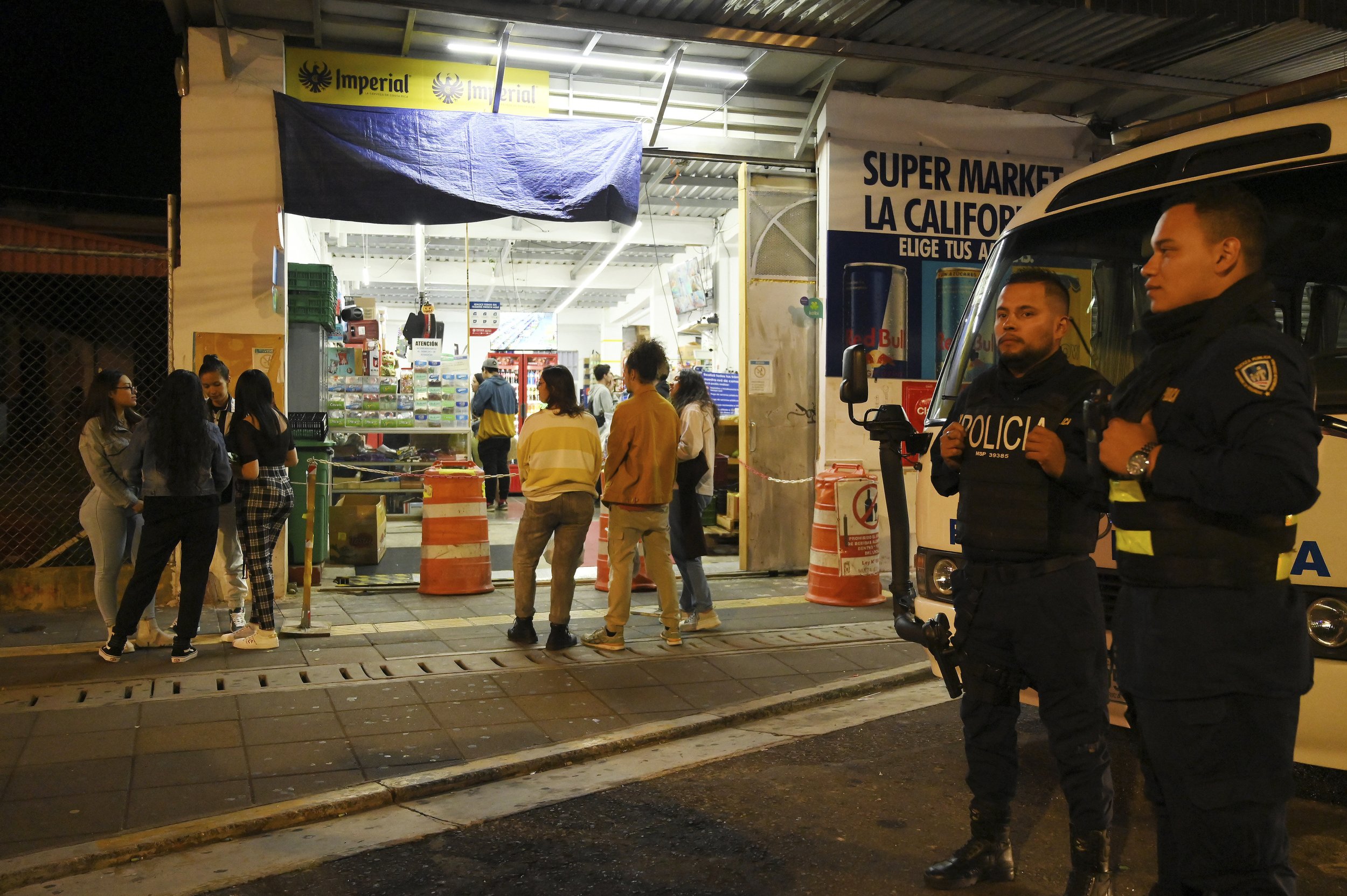
When pondering the idea of living in Costa Rica, a picturesque haven with verdant landscapes and pristine beaches often comes to mind. But like any country, it’s imperative to acknowledge the safety concerns that could impact your quality of life, particularly if you’re planning to settle down in this tropical paradise that is used to living in a safe, low-crime environment.
Crime Rates
While Costa Rica is widely known for its tranquil and friendly environment, it’s important to shed light on the less discussed aspects of its crime rates, especially for those considering a move from Canada. Safety concerns in certain areas may overshadow the idyllic “pura vida” lifestyle often associated with Costa Rica.
Tourist hotspots like Tamarindo in the Guanacaste region and areas in the Central Valley in the last 10 years have witnessed a rise in break-ins and petty crimes. The influx of tourists and expatriates in these regions often attracts opportunistic criminal elements. Tamarindo, known for its beautiful beaches and vibrant nightlife, has become a target for burglaries, emphasizing the need for heightened security measures and awareness.
Another popular coastal destination, Puntarenas City, also grapples with socio-economic challenges that have spurred gang activity and violent crimes. Despite being a favoured stop for cruise ships, the contrast between its tourist-centric zones and local communities’ struggles is stark. Awareness and caution are essential when exploring urban spaces like Puntarenas, especially in high-risk areas highlighted by organizations such as the Red Cross.
Scams and Fraud
Your vigilance needs to extend beyond physical safety to protect your financial well-being. Scams and fraud are prevalent concerns for anyone living in Costa Rica. At Juan Santamaría airport, incidents like the apprehension of a traveller with fake bills highlight the necessity to be alert and informed. The country grapples with an inefficient legal system, which sometimes allows perpetrators to evade immediate consequences, as seen when the individual in question was not detained due to a loophole in the law.
Whether you’re relocating or just vacationing, staying informed about the various safety concerns of living in Costa Rica is a cornerstone to ensuring your experience remains as idyllic as the country’s reputation. As you assimilate into the community, adopting cautious practices should be at the forefront of your daily routine.
Long Pathway to Citizenship
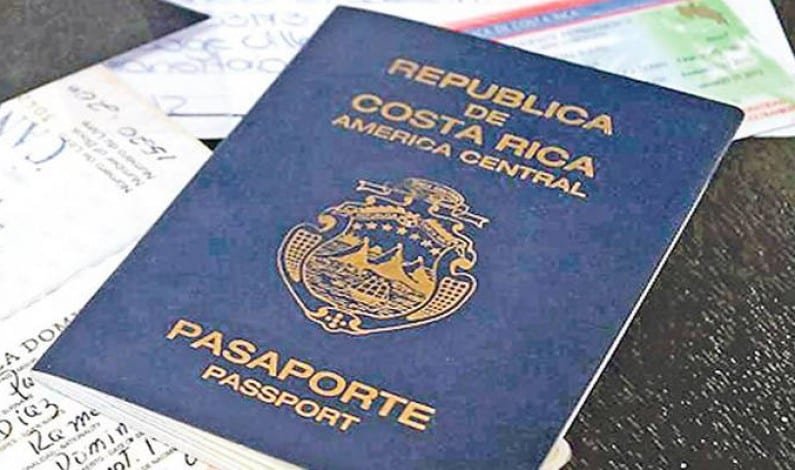
Achieving residency in Costa Rica can be a complex process, particularly if you’re a Canadian dreaming of living under the tropical canopy. Many Canadian expats are drawn to the country’s lush landscapes and affordable housing – with decent homes costing less than US $250,000, the investment pathway is quite attractive. However, before you can enjoy the full benefits of permanent residency, including access to universal healthcare, you must first navigate the arduous journey of temporary residency, which spans a minimum of three years.
Embarking on this path requires patience and meeting stringent income requirements. Expats must prove a steady income—such as a pension or other retirement benefits—making the retirement visa an appealing option. This specific visa, renewable every two years, stipulates a monthly income threshold of just $1,000 and has no minimum age restriction, fostering a more inclusive process for those with guaranteed income. Moreover, the ability to include your spouse and children under this visa makes it a sought-after choice.
Once you’ve successfully lived under this temporary visa for 6 years, you can apply for permanent residency. While agencies exist to streamline the process, it’s undisputable that securing citizenship is a long, sometimes tedious, legal affair. This consideration weighs heavily on many expats, influencing the decision to stay or leave. Given the uptick in expatriation, the country’s infrastructure and social services are increasingly strained, with climate change compounding these challenges.
Traffic and Infrastructure Issues
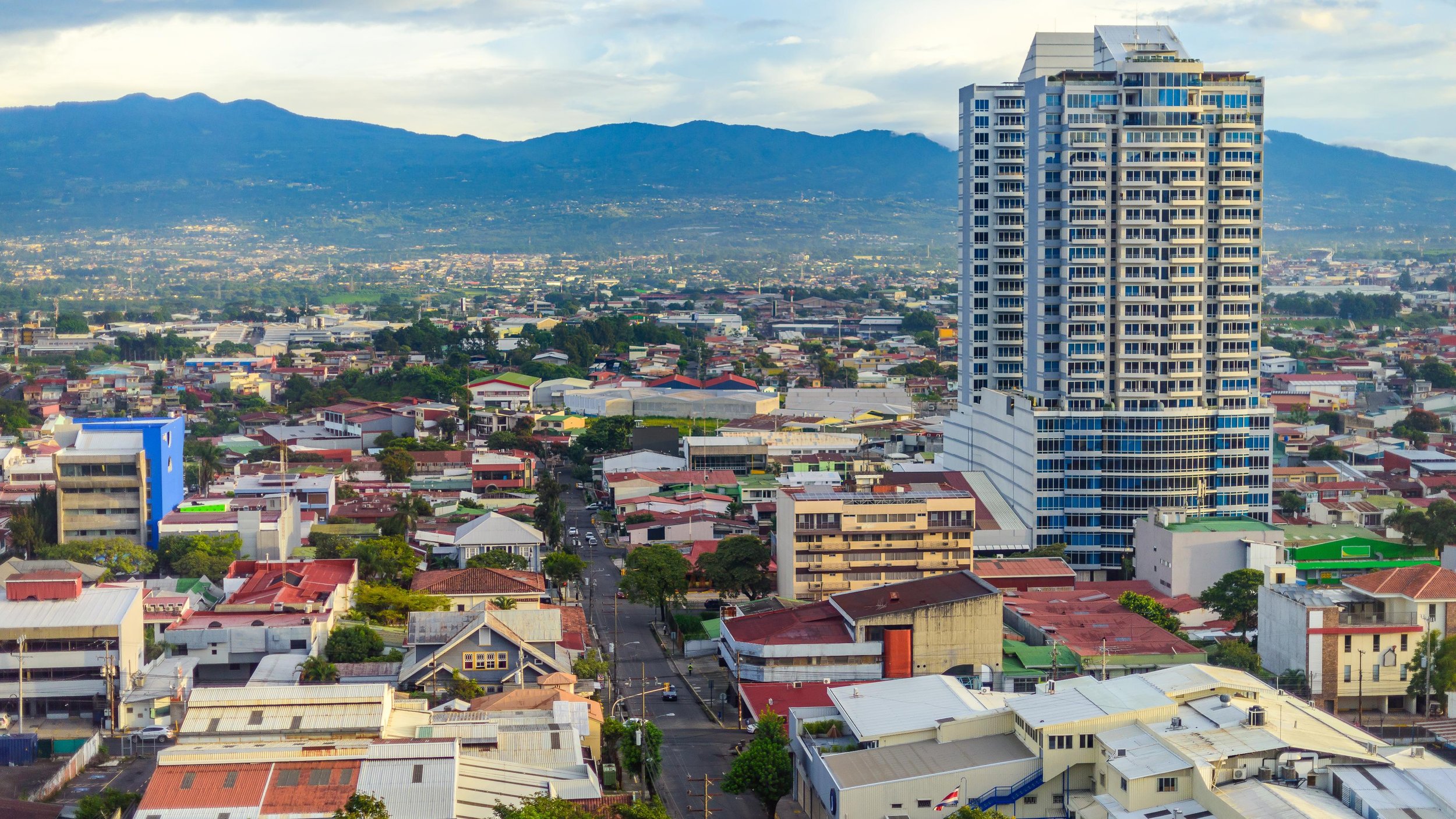
Living in Costa Rica comes with its fair share of challenges, notably navigating road conditions and getting from point A to B. Whether you’re a Canadian expat or hail from somewhere else, understanding the nuances of navigating Costa Rica’s traffic and infrastructure is essential for your safety and sanity.
Poor Road Conditions
The dreamy landscapes of Costa Rica are cloaked with a less-than-idyllic reality when it comes to road conditions. Often cited as the worst roads in Central America, your travels within the country can be unpredictable due to widespread potholes, poor signage, and a general state of disrepair. Among these challenges, you may encounter:
- Mudslides and Landslides, common during the rainy season, can block roads and create dangerous obstacles, like the giant boulders that find their way into your path.
- Inadequate lighting on local roads makes night driving particularly perilous, especially when unexpected hazards are not visible, such as the infamous “Hill of Death” or Cerro de la Muerte.
- Flash floods can sweep vehicles away or strand you for days, like the incident during Hurricane Otto in 2016 when families were trapped in their homes.
As you adjust to living in Costa Rica, you’ll learn that careful, vigilant driving is paramount, and having a local guide or GPS is highly recommended.
Traffic Congestion
Moving into urban areas, the traffic congestion can be just as daunting as the rural roads. With a growing number of vehicles on the road, expats living in Costa Rica often face longer commute times and increased stress levels while driving.
Issues contributing to traffic congestion include:
- A surge in the number of tractor-trailers, particularly on the new Pacific Coastal Highway or Costanera, commanding the road with great speed and creating risks for other drivers.
- Out-of-control unions striking without warning, disrupting traffic flow and adding to the daily commute challenges.
- Road repairs and maintenance falling behind schedule, leading to regular, unplanned detours and delays.
When considering your move to Costa Rica, factor in additional commute time and possible unexpected travel delays. Adapting your routine and scheduling can mitigate some of the frustrations associated with the traffic congestion in Costa Rican cities.
Challenges with Healthcare
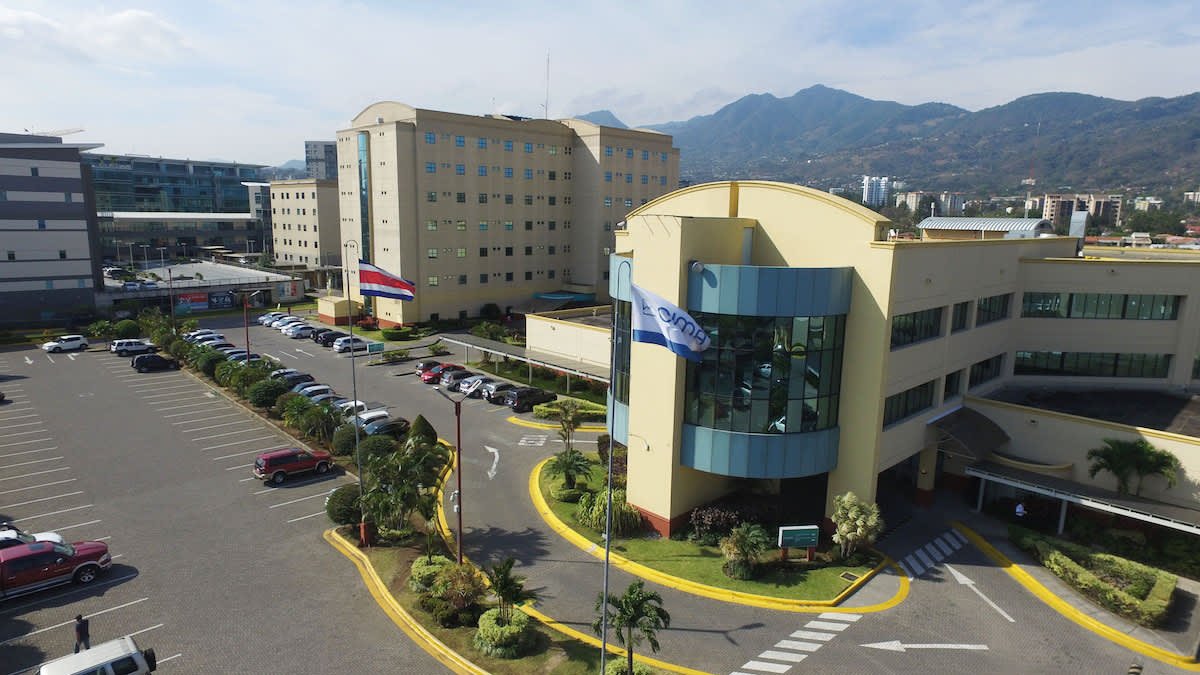
Access to Quality Healthcare
Costa Rica is often rated among the best countries in the world when it comes to healthcare. Some studies rank it as high as 36th worldwide, remarkable for a country in Latin America. But, when considering the move to Costa Rica, it’s crucial to be aware of the uneven access to healthcare across the country. Although Costa Rica’s reputation for efficient and affordable healthcare is the reality, and there are many good private clinics and hospitals, there remains a significant disparity, especially if you live in a remote area. You might face long travel times to medical facilities, which can mean delayed treatments and decreased convenience.
The situation is compounded for expats living in rural Costa Rica. You may confront delays and a formidable language barrier complicating routine healthcare interactions. The public healthcare sector, often the first choice for its cost-effectiveness, is overcrowded. This overloading leads to prolonged waiting times for appointments and necessary treatments, a far cry from the swift access you might expect.
Strains on the Healthcare System
Despite its international praise, the Costa Rican healthcare system faces intense pressure. With a growing expat community, the demand for health services continues to surge, taxing both private and public health sectors. According to the 2011 INEC Census, an alarming 12.9% of the nation’s population is uninsured. The migrant population, primarily Nicaraguans, experiences an even higher rate of lack of insurance—and Canadians living in Costa Rica might also find themselves among the uninsured if not careful.
Language Barrier
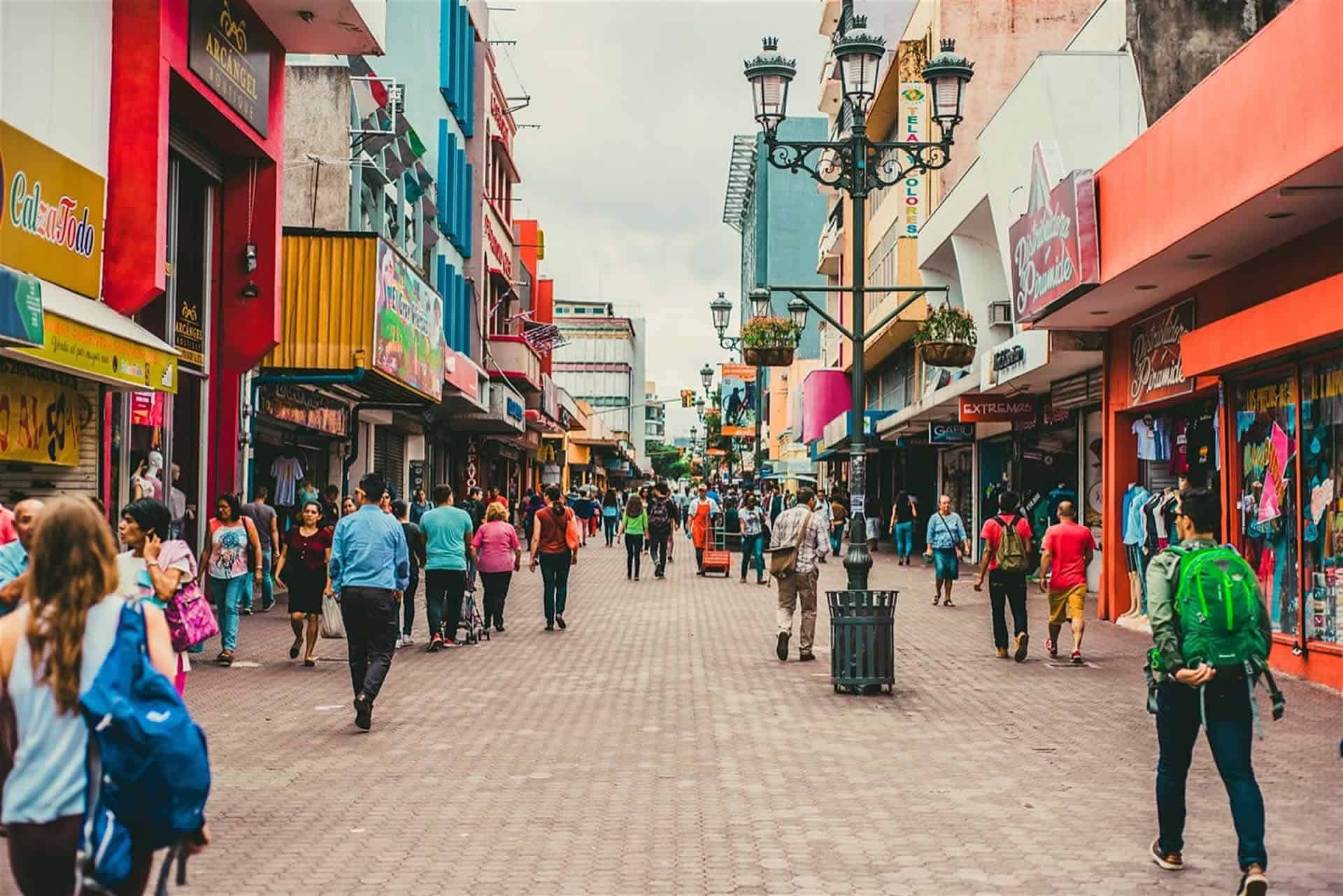
When contemplating living in Costa Rica, it’s crucial to consider the language barriers you might face. While Spanish is the official language, and locals in tourist areas might possess some English proficiency, don’t take this for granted. Your experience as a Canadian living in Costa Rica will be deeply influenced by your ability to communicate with Ticos (Costa Ricans).
Venturing beyond the expat bubbles often means diving into communities where English is scarce. You’ll likely find yourself in situations where speaking Spanish is beneficial and necessary. The reality is, daily interactions, from grocery shopping to setting up utilities, can become daunting tasks without some grasp of the local language. While Ticos are indeed hospitable and patient, breaking through the language barrier enriches social connections and allows for deeper cultural integration. Investing time in learning Spanish isn’t just a courtesy—it’s essential to truly living in Costa Rica rather than merely residing there.
Environmental Challenges
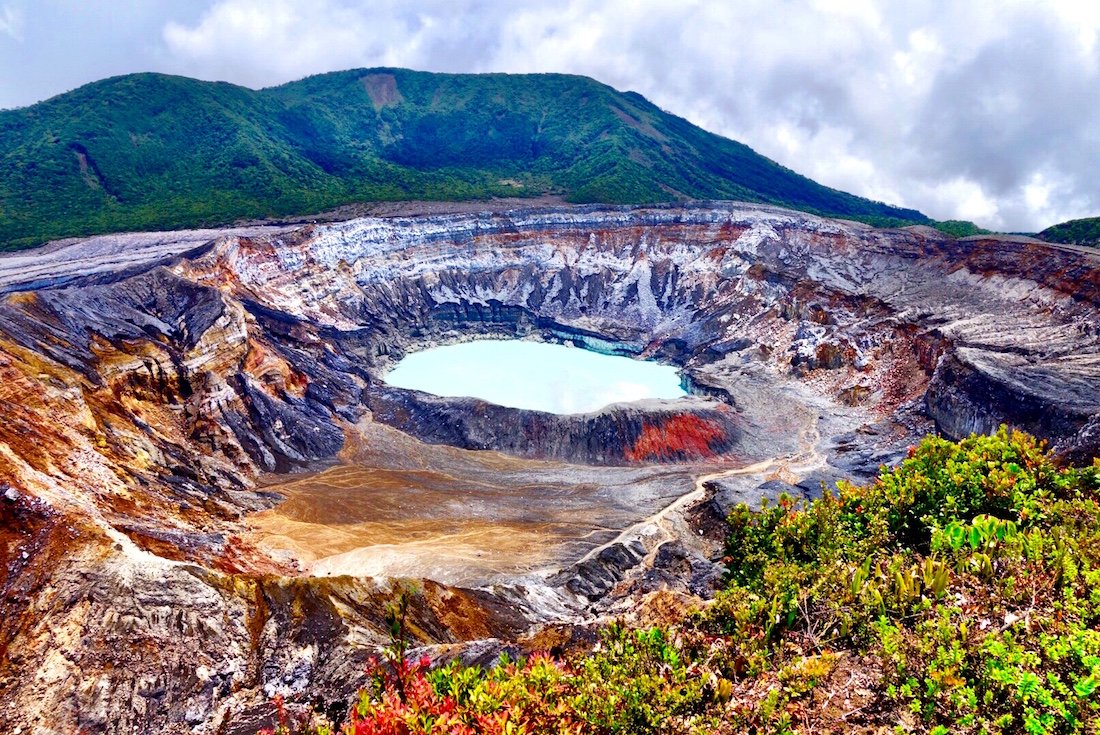
When weighing the pros and cons of living in Costa Rica, the environmental challenges are a significant aspect. While the nation’s pristine beaches and lush rainforests are often showcased in idyllic postcards, the reality of natural wear and tear on the environment can’t be ignored.
Natural Disasters
When deciding to make Costa Rica your home, be mindful of the potential natural disasters that come with its tropical beauty. Climate change has marked Costa Rica as a hot spot, leading to more pronounced and volatile weather patterns. Your experience with the forces of nature here could range from awe-inspiring to genuinely daunting.
The country’s increased frequency and intensity of storms are noteworthy. Hurricanes, such as the devastating Hurricane Nate in 2017, and tropical storms have become more common. The aftermath often includes overflowing rivers, landslides, and infrastructure damage that can disrupt daily life. Even a seemingly benign rainstorm can rapidly evolve, leading to emergency conditions with minimal warning.
These environmental shifts are not just isolated incidents but part of a larger pattern indicating a rise in extreme weather events due to climate change. Consequently, the practicalities of living in Costa Rica may involve unforeseen challenges, especially during the rainy season. From washed-out driveways to power outages caused by falling trees, residents must stay prepared for nature’s unpredictability.
Deforestation
Deforestation is another environmental issue that might impact your living experience in Costa Rica. Although the country has a robust eco-friendly image, deforestation remains a persistent threat to its natural beauty and biodiversity. Forest cover loss affects the scenery and has wider implications for wildlife habitats and the overall ecological balance.
In your pursuit of a Canadian living in Costa Rica, it’s essential to be cognizant of the areas more susceptible to environmental degradation. Both local and broader-scale initiatives are in place to combat deforestation, but as an expat, understanding and supporting these efforts could enhance both your and the country’s well-being.
Engaging in eco-conscious living practices can contribute to mitigating these environmental challenges, ensuring that the Costa Rican landscape remains as vibrant for future generations as it has been for those in the past.
The Truth About Living in Costa Rica

Living in Costa Rica offers a blend of enchanting experiences and tough adjustments. You’ll revel in the nation’s political stability, the most enduring in Latin America, and enjoy the benefits of a society where voting rights and freedom of expression are respected. It also has one of the largest English speaking expat communities in Central America. Yet, navigating daily life often reveals complexities that brochures omit.
Cultural nuances, such as the indirect way of saying no, call for a heightened sensitivity to social cues. This aspect of Costa Rican culture demands your patience and adaptability. You must read between the lines to truly comprehend local interactions and avoid misunderstandings.
While the kindness of Costa Ricans is unquestionable, their hospitality also masks the economic challenges of expat life. Soaring real estate prices coupled with high costs of utilities paint a different picture than the anticipated tropical paradise. The tax system in Costa Rica adds another layer to the puzzle, with a 183-day stay requirement for tax residency that might entrap the unwary with bureaucratic red tape.
Moreover, the picturesque environment is not without its price. Climatic shifts have brought increased storms and amplified the effects of deforestation, impacting not just the country’s natural beauty but also posing tangible threats to your new way of life.
Conclusion
This country offers a unique blend of tropical beauty and cultural richness for Americans and Canadians living in Costa Rica. But it’s not without its challenges. You’ve seen the financial, bureaucratic, and safety hurdles that could impact your expat experience. Recognizing and understanding these potential pitfalls is key to a successful relocation. Remember, it’s essential to do your due diligence and prepare for your move’s economic realities and tax implications. If Costa Rica is the place you decided to set up as your home you’ll be better equipped to navigate the complexities of life in this vibrant country. Remember these insights as you ponder your Costa Rican adventure, ensuring you’re fully informed and ready to make the most of your experience.
Learn More
Offshore Freedom™ is a boutique coaching and consulting firm that helps investors and entrepreneurs live and invest internationally. We help our clients grow their businesses, pay less taxes, buy more real estate, and take advantage of global residency and citizenship by investment programs worldwide.
Schedule a 1 on 1 consultation with Dan Merriam, and let us help you design the life of your dreams and live the Offshore Freedom™ lifestyle. Ask questions and get answers about international real estate, tax planning, offshore banking, second residencies, citizenship by investment, lifestyle design and more.
This article is for informational purposes only; it should not be considered financial, tax planning, investment or legal advice. Consult a certified financial or investment professional in your jurisdiction of interest before making any major financial or investment decisions.
Writer in Tax Reduction, International Tax Planning, Travel, Citizenship by Investment, The Caribbean, The Dark Side of Costa Rica, Canadian Living in Costa Rica, Cost of Living in Costa Rica, Costa Rica Tax Residency, Second Residence, Real Estate Investing, Asset Management, Lifestyle Planning, Countries with the Lowest Taxes, Company Formation, Offshore Banking, Asset Protection, Technology, Entrepreneurship

